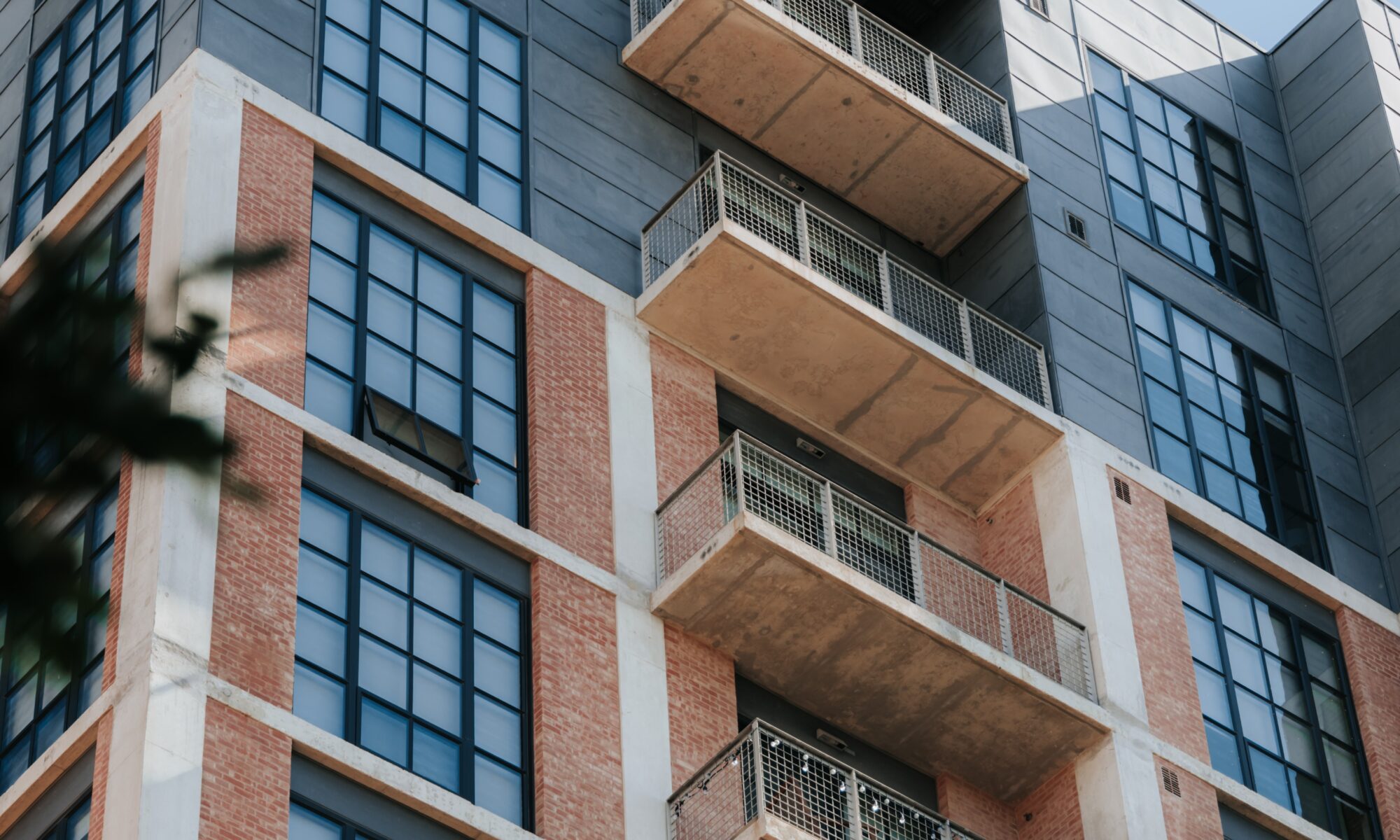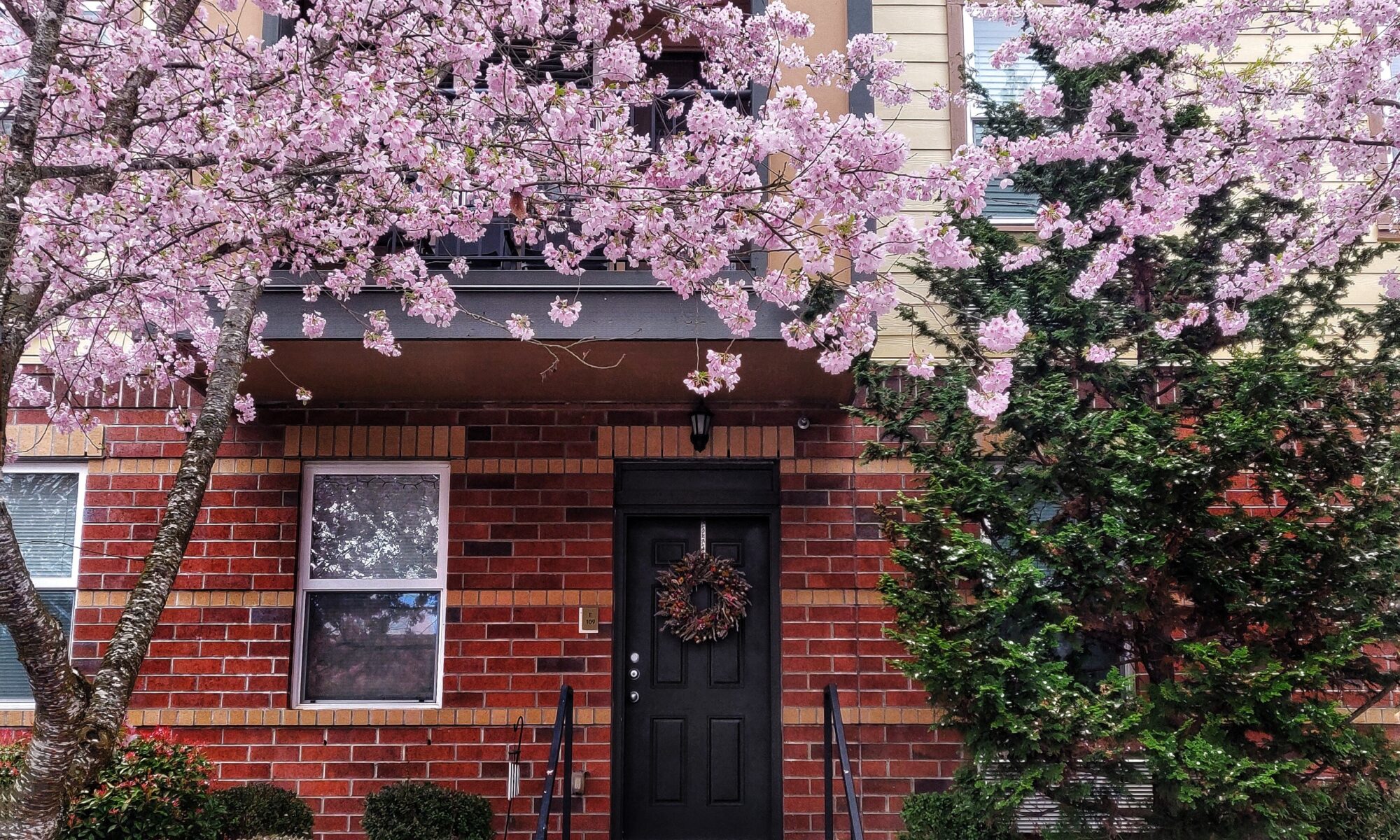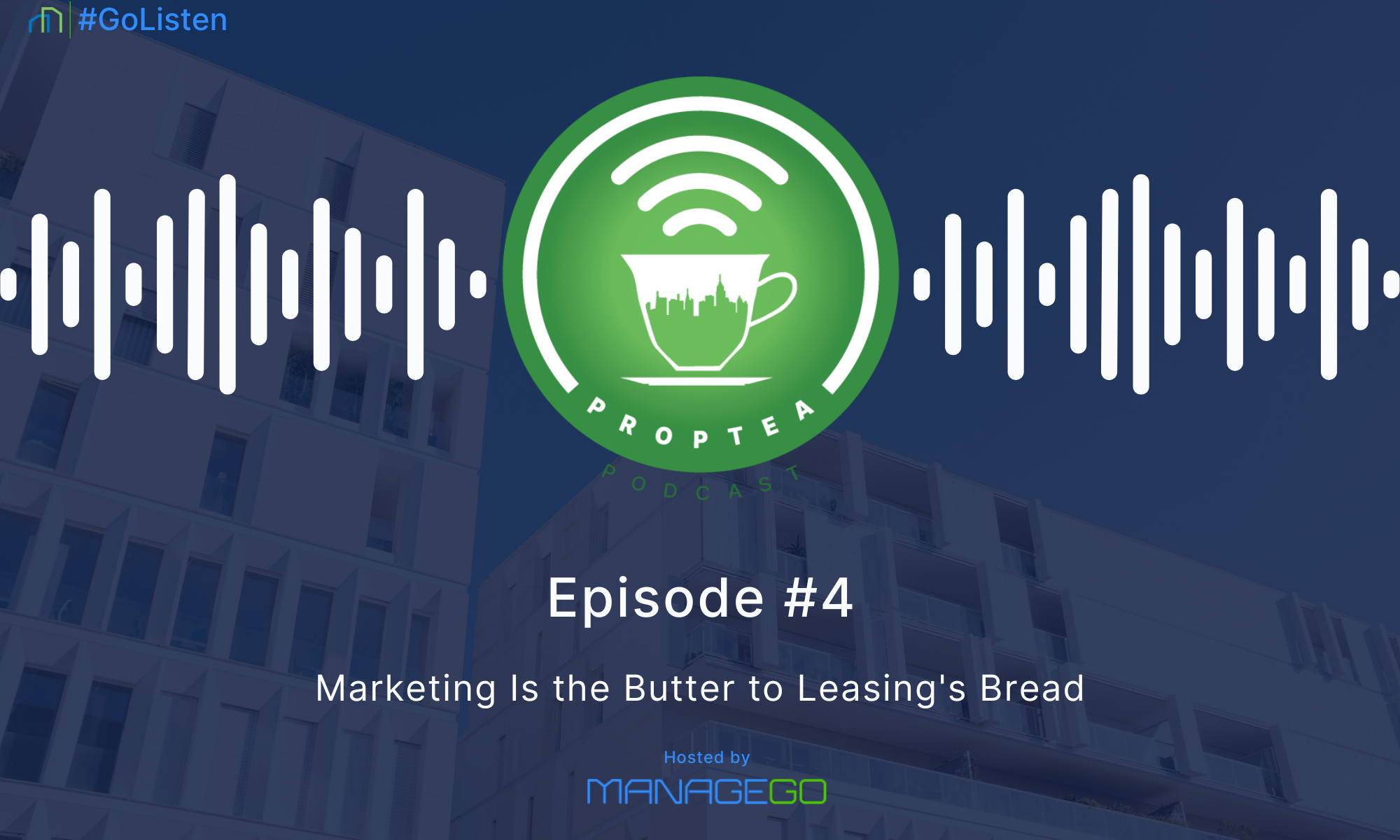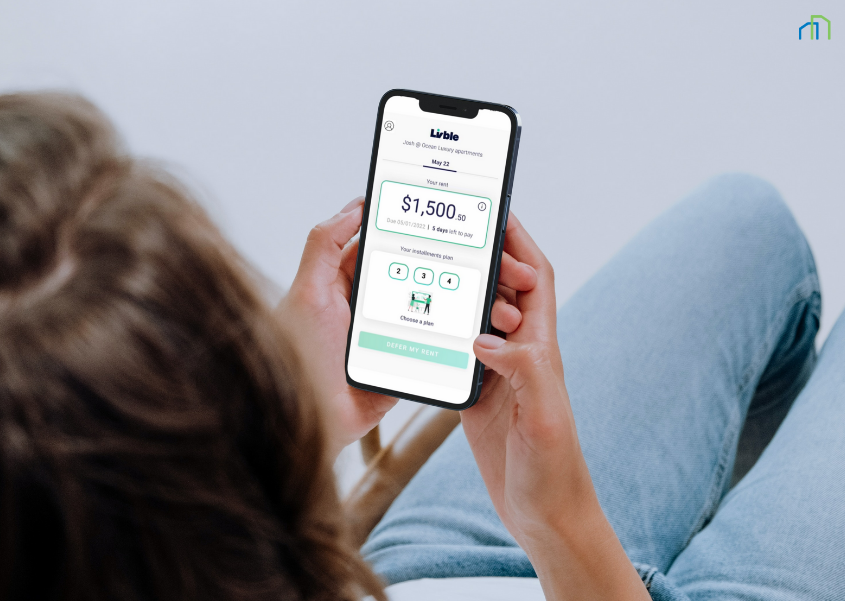Long distance is tough on any relationship, we get it. But it’s even tougher when you’re dealing with a community of resident relationships instead of just your relationship with a partner.
That’s right, today we’re talking about long-distance management! That is, managing rental properties in a different state than your own. It might seem like an impossible task at first glance, but it’s actually more common than you think. So what are the benefits, and how could you possibly manage a property from afar successfully? Check out our advice!
Benefits of Managing Out-of-State
Maybe you live and work in an expensive city like New York, or maybe you’re feeling left out on the booming rental markets of the South. Whatever the case, investing in properties out of state might be the answer. Although the list of benefits is long, the two main draws to out-of-state property investments are:
1) the economic advantages and
2) the opportunity to diversify a real estate portfolio.
Many homes are simply more affordable in some cities than others, and investing in an affordable market is a great way to cash in. Plus, you’ll enjoy smaller down payments due to the lower prices. Maybe even more appealing is finding a locality where property taxes are lower, and thus your net income higher.
Economic advantages aside, buying and managing a property in a different state is a great way to diversify your real estate rental portfolio. Diversification is a fundamental way to reduce risk – an appealing draw for any investor.

How to Navigate Long-Distance Management
Research the Local Laws
Laws differ from state to state, and even city to city – point blank. If you’ve decided to take the leap into a different state, odds are you aren’t as in tune with their local laws as you are with your own. Researching these ahead of time can not only help you decide where you secure property but could also save you from any legal trouble with your residents down the line.
Take Advantage of Technology
Managing long-distance? Congratulations, tech is your new best friend! From collecting rent payments and managing the maintenance schedule to controlling amenities and even onboarding new residents, modern technology can make this easy from virtually anywhere in the world. Plus, the best of the best will provide automation tools that take care of the menial work for you, so you have more time to manage the bigger picture.

Make a Plan for Property Inspections
What, it’s 2023 and teleportation still doesn’t exist? We know, we feel robbed too, but that’s the reality we have to face! Of course, if you’re managing out of state, you’ll need to have a plan for tasks that absolutely require an on-site presence like property inspections. Maybe you’re within a reasonable distance of your out-of-state property to make the drive when needed. If not, you may need to hire someone local to perform these on-site operations for you. Whatever the case, plan ahead!

No matter your business goals, ManageGo has your back. To discover just how our software solutions can benefit you and your unique property management needs, request a demo today. Or, connect directly with one of our experts and get started on your journey to better property management. Plus, subscribe to our weekly newsletter to explore the industry, get the latest company news, and be the first to know about special announcements!
Want even more? Get your fix and follow our socials for all the latest property management tips, tricks, & trends!










